In this blog, we review five habits infiltrating our daily life that are harmful for the preservation of life on planet Earth.
We have been taught since childhood that when it comes to creating a positive change, nothing speaks louder than actions. For that, we commonly tend to undermine the importance of some inactions that can effectively address some burning environmental problems. We invite you to master the following “Don’ts” in your everyday life and witness how your ability to avoid some bad habits can contribute to a healthier planet.
1. Avoid water squandering
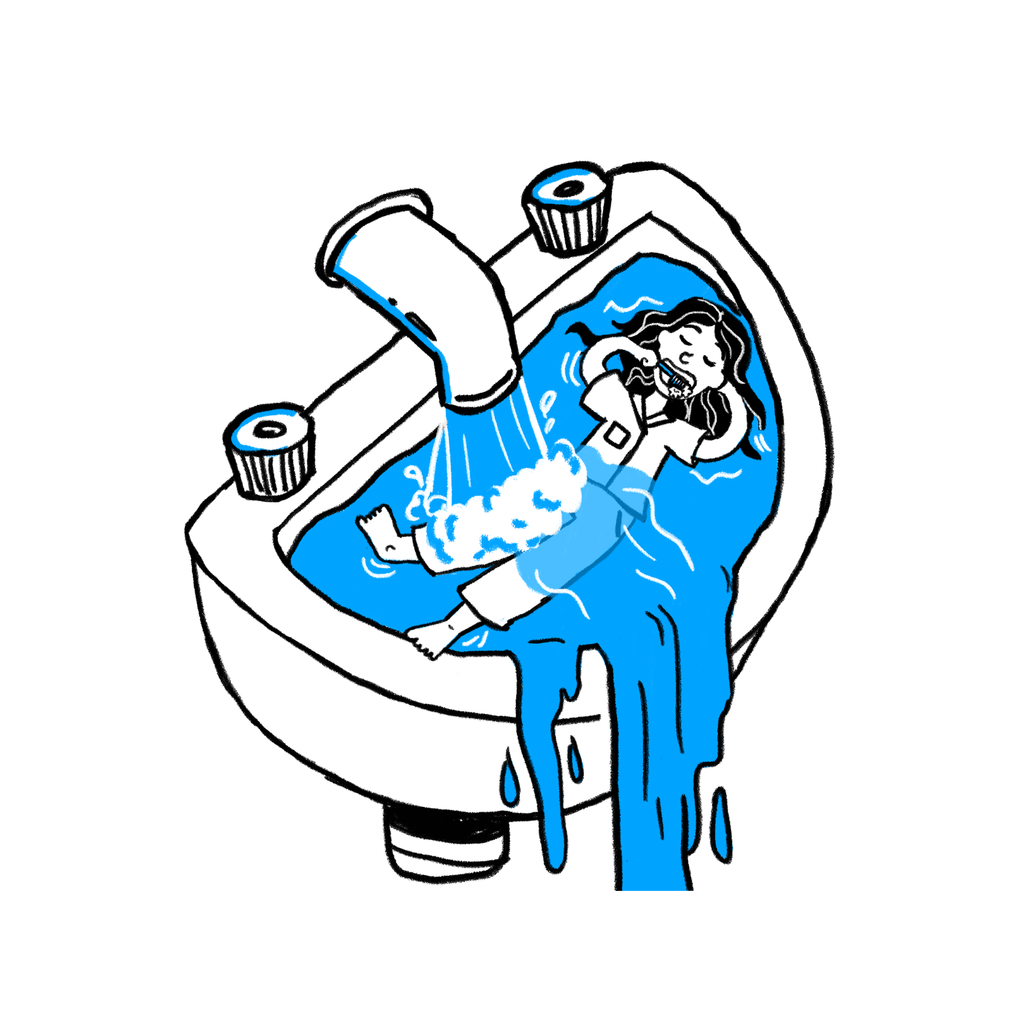
Life on earth is entirely dependent on water, and although around 71% of our planet is covered by water, less than 1% of fresh water is available to be shared between the living creatures of the entire planet. With water resources being over stressed it is our common responsibility to preserve this scarce and finite resource. « Don’t » to master: If you’re a bathroom singing lover, try not to finish the entire album under the showerhead since a five-minute shower consumes between 38 to 94 liters of water.
2. Avoid over consuming
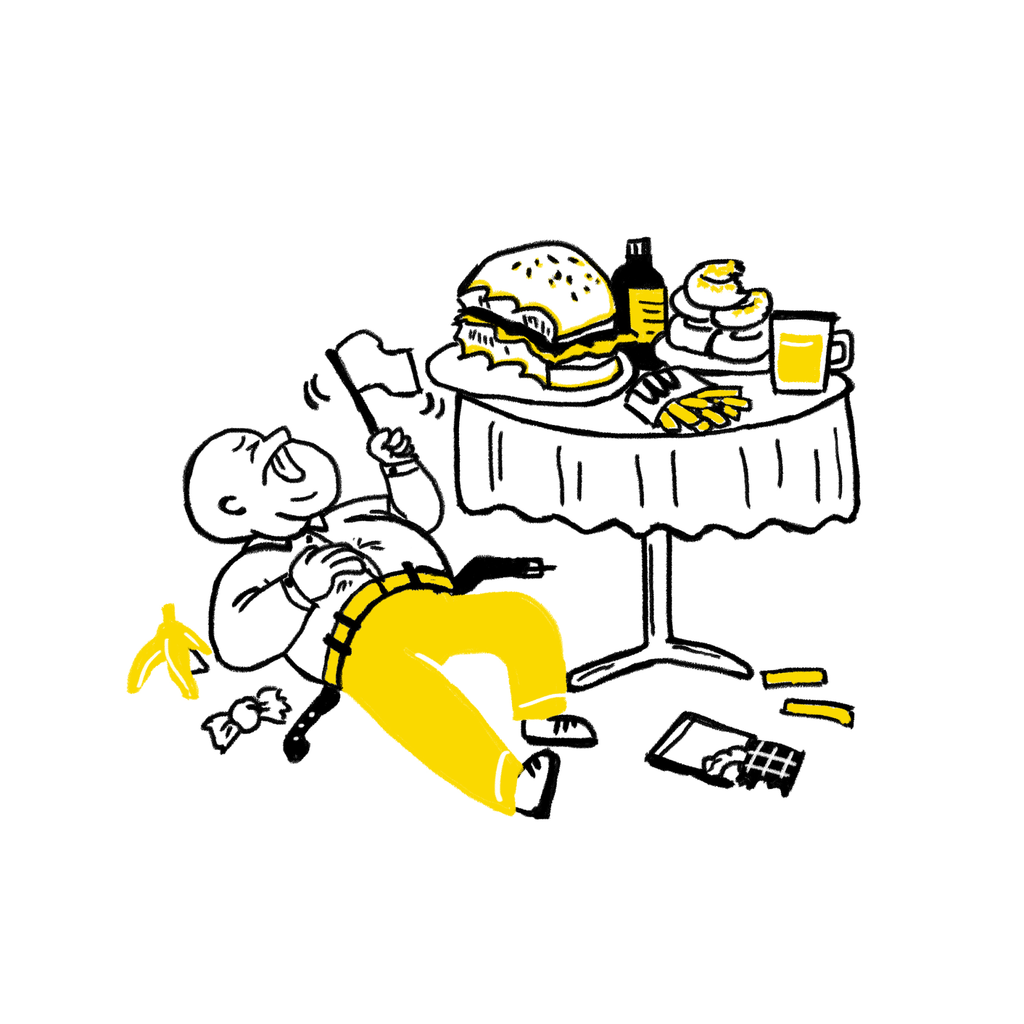
The UN predicts that by 2050 we will need the equivalent of three planets to sustain current lifestyle and consumption patterns on earth. Unfortunately we have a single planet and our greedy consumerism trends come at a significantly high price for it. More than ever the environmental impact of our consumption and production patterns are felt on the natural resources, and it is time to shift towards sustainable consumption by doing more goods with less resources.
« Don’t » to master: Arab folks this one’s for you: I am aware that our hospitality in the region has no bounds but next time you’re hosting some guests let your dining table be generous with planet earth by avoiding extravagant meals of meat and fruits as the world total agriculture and related land use emissions reached 9.3 billion tonnes of carbon dioxide equivalent.
3. Avoid excessive packaging
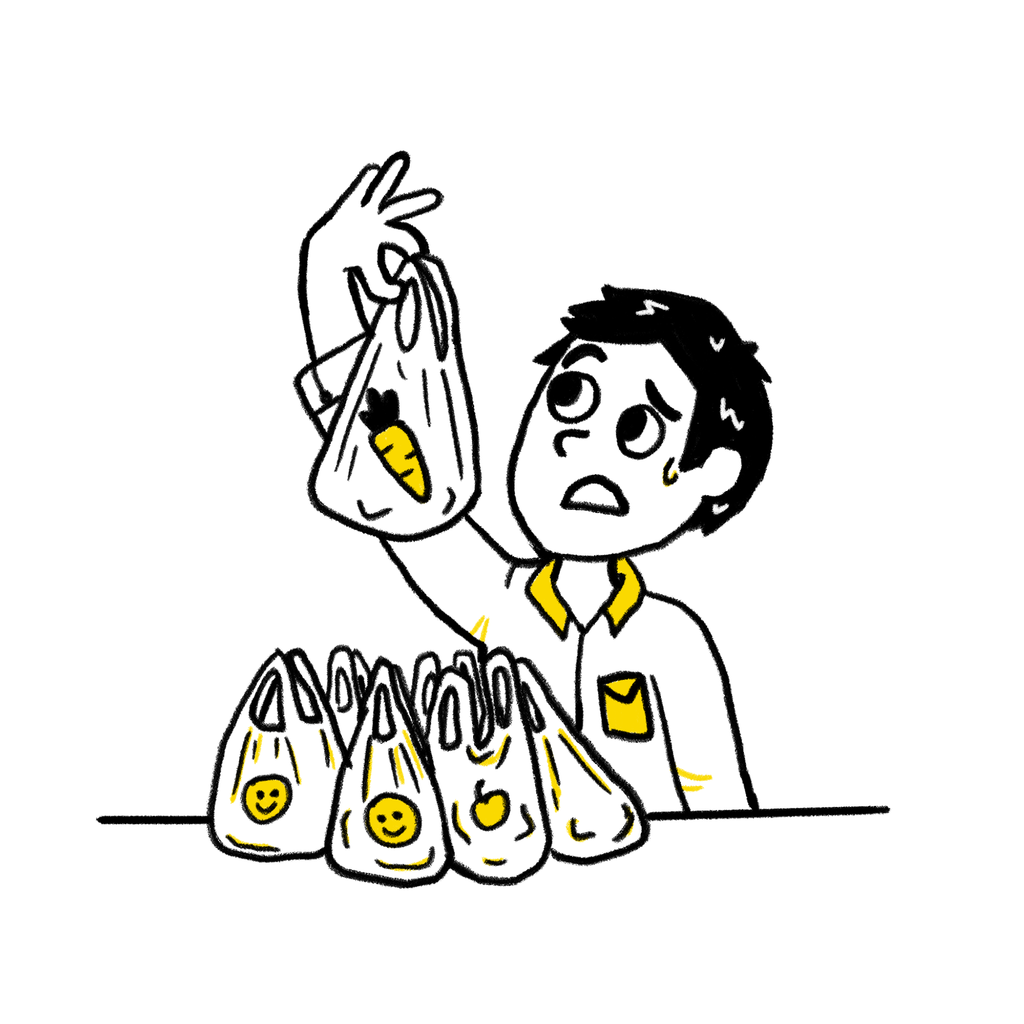
In addition to its marketing goals, packaging nowadays is a guarantee for food safety and shelf-stability. However, there is a double-trouble with packaging: to start, the production patterns are extremely energy consuming coupled often with air pollution and water contamination. To that, the materials itself composing the packaging are environmentally harmful as they include petrochemicals, rigid plastic, printer’s ink, etc
« Don’t » to master: From birthdays, to engagements, to Eid Al Adha, our calendars are « packed » with special occasions that call for gifts. Whether you are an on-the-go gift person, or a personalized-gift guy, reduce the quantity of packages involved in your presents. Caring for your beloved ones begins by caring for the planet and choosing sustainable packages otherwise packaging will finish packing us up.
4. Avoid single-use plastic
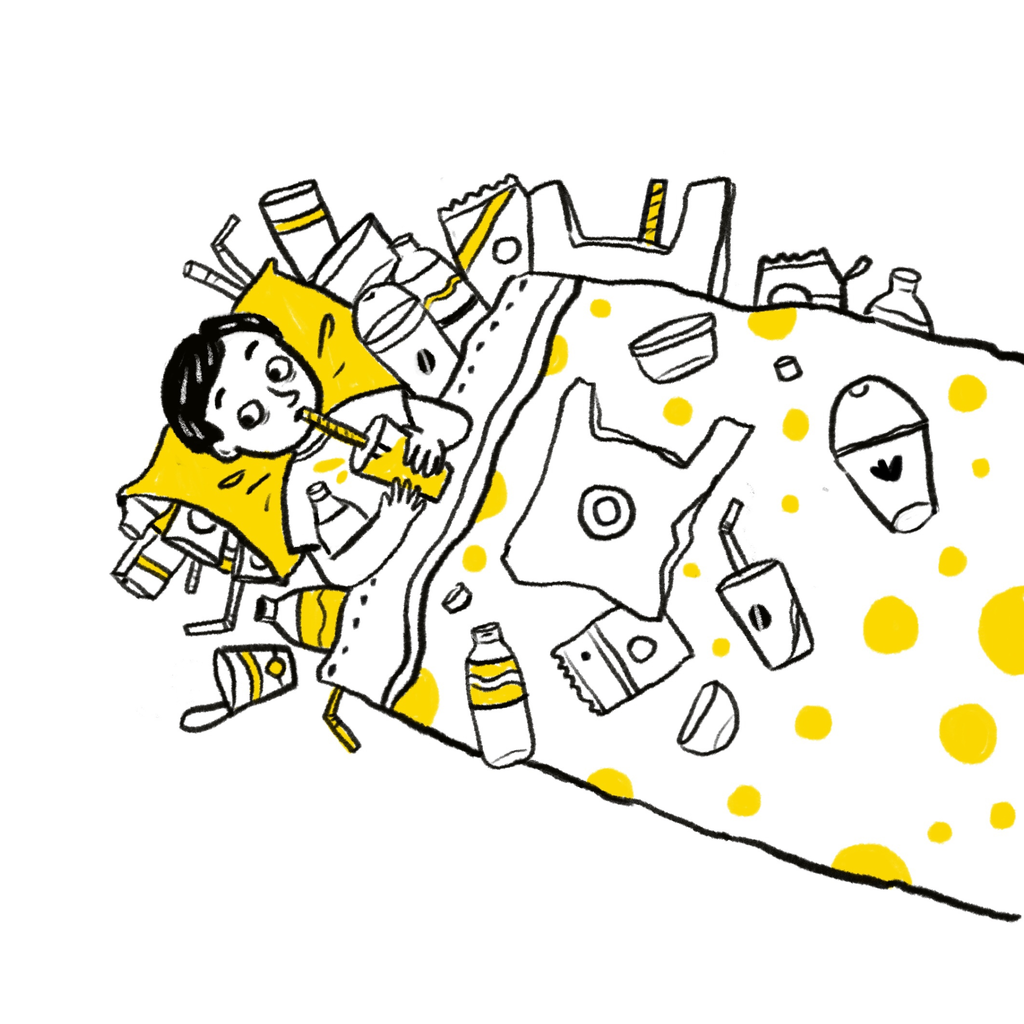
From bags, to straws, to plastic bottles, single-use plastics are becoming part not only of our daily life but unfortunately of maritime life as well. Entanglement plastic debris is threatening more than 800 marine species in addition to polluting the waters with marine-toxic chemicals. It is our responsibility to reduce single-use plastic by reducing our plastic consumption footprint.
« Don’t » to master: Plastic is ugly, you are naturally beautiful with bamboo, pottery, natural fiber and other sustainable materials. Don’t accept to hide your charm when offered a coffee in a non-reusable cup, or a drink polluted by a plastic straw.
5. Avoid using your car
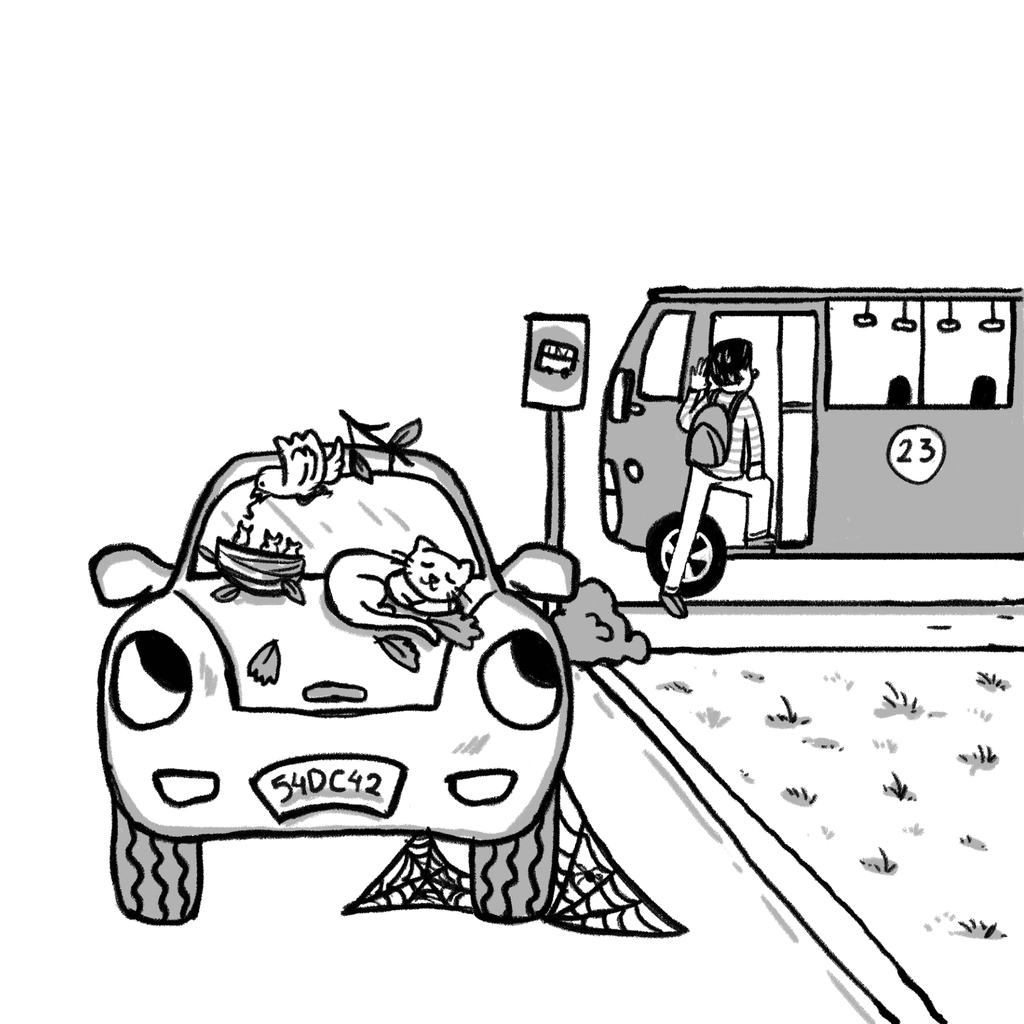
One after another, our cities and towns are failing to meet the air quality standards, mainly due to the emissions of passenger vehicles. Our health welfare is increasingly jeopardized by engines’ pollution. The solution for a healthier, greener environment is at hand or to be more precise at your feetDon’t to Master: What is more charming than the roaring engine of a 4*4 limited edition SUV? The answer will be the sound of the laughter of your kids growing in a healthy environment. Our cities in the Arab region are becoming more than ever served by public transportation, it’s time to give your car a break for the less you drive, the fewer emissions, and the more you walk the more you’re saving on your pocket and on the planet. Let’s stand on our feet for the planet and improve your environmental footprint.
